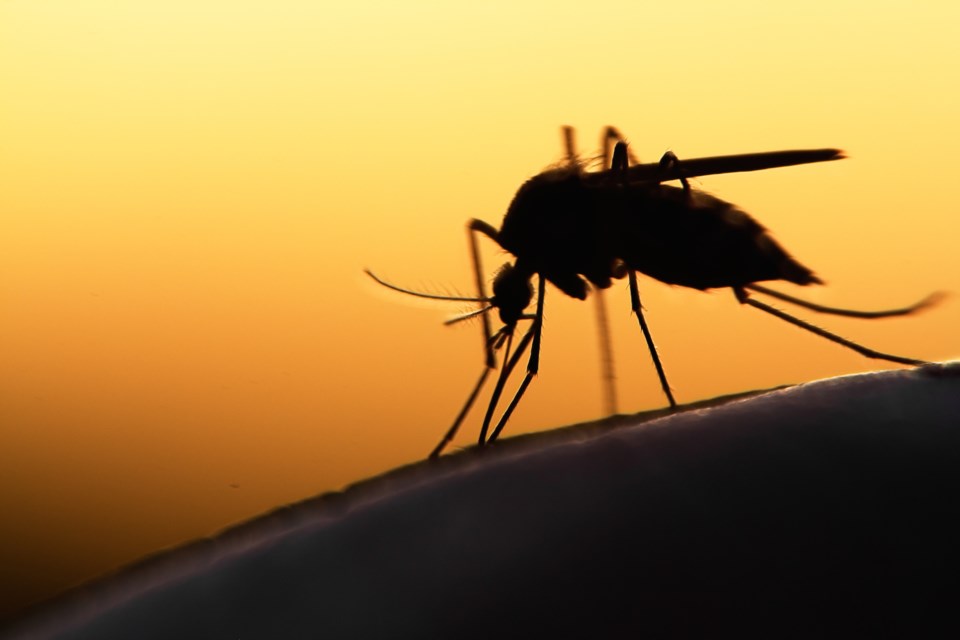TIMISKIMING - A northern health unit is alerting residents of West Nile virus identified in dead birds across the district.
The Timiskaming Health Unit (THU) issued a release yesterday (Sept. 12) emphasizing the importance of taking preventive measures against mosquito bites and providing clear instructions for safely handling deceased birds.
According to THU, West Nile virus is transmitted to humans and animals through the bite of an infected mosquito.
While not all mosquito bites lead to illness, THU said it’s crucial to be aware of the potential risks.
The health unit said about 80 per cent of people who contract West Nile virus experience no symptoms. Among those who do become ill, symptoms are typically mild and resemble the flu.
Serious illness is rare, affecting less than one per cent of those infected, the health unit noted. However, anyone feeling unwell should seek medical advice.
Handling deceased birds safely
Individuals who come across a deceased bird should avoid direct contact to minimize any potential risk, THU said.
To dispose of the bird safely, use a shovel or gloves to handle it and place it in a plastic bag. Tie the bag securely, place it in another plastic bag and then dispose of it in the garbage. After handling the bird, hands should be washed thoroughly with soap and water.
Preventing West Nile virus
To reduce the risk of the virus, the health unit said it’s essential to take measures to prevent mosquito bites.
When outdoors, opt for light-coloured clothing, closed-toe shoes, socks and long-sleeved shirts and pants.
Apply repellent containing DEET or Icaridin to exposed skin and clothing, following the manufacturer's instructions closely.
Avoid being outside during dawn and dusk when mosquitoes are most active.
Fix any holes in screens, windows, and doors to prevent mosquitoes from entering your home.
Regularly change water in bird baths, maintain pool and ornamental pond circulation and cover rain barrel openings.
Empty standing water from clogged eavestroughs and gutters, garbage cans, flowerpots and saucers, wheelbarrows, pool covers, wading pools, toys and old tires
For more information and updates, visit the THU’s website here.
